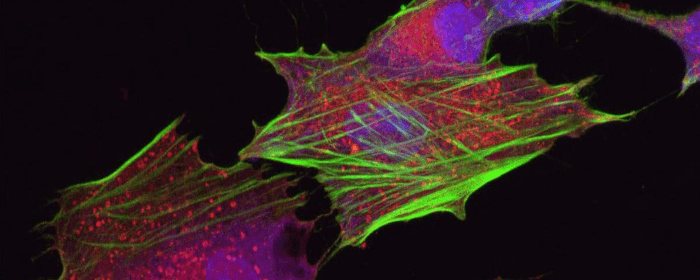
by admin | Jul 25, 2018 | Bone Marrow, Health Awareness, Stem Cell Research, Stem Cell Therapy
Stem cells derived from bone marrow, or hematopoietic stem cells, are a topic of significant debate in the medical community. While they have exhibited significant potential for benefiting people with both cancerous and noncancerous diseases including immune deficiencies, not all methods for administering bone marrow are created equal. While intra-articular injections of bone marrow are more common and considered safer, intravenous methods pose serious risks, which are explored here.
Intra-articular injections involve injecting bone marrow directly into the compromised joint, whereas intravenous methods entail infusing bone marrow stem cells into the body through the veins. Intra-articular injections have shown promise in treating conditions such as osteoarthritis (OA) in joints such as the knee and has proven to achieve pain relief for moderate-to-severe cases of osteoarthritis.
Intra-articular treatments are localized, so the injected bone marrow is already in its target location upon being administered. According to research, this form of therapy is generally considered to be safe. In intravenous bone marrow transplants, however, there are serious risks associated with treatment. Bacterial infections are common, while viral and fungal infections can also occur and cause life-threatening conditions, such as organ failure.
Risk factors for developing any complication associated with intravenous bone marrow transplantations vary based on a number of factors, including the patient’s age, genetics, and type of disease being treated. With that said, due to its limited risks, intra-articular bone marrow methods appear to be the safest form of treatment currently available. Although each patient will need to discuss risk factors alongside potential benefits with his or her physician, oftentimes the risks appear to outweigh the potential benefits.
There are alternative therapies with fewer potential side effects which may be explored such as Adipose and Umbilical Cord-derived stem cells. These regenerative medicine treatments not only can treat osteoarthritis and sports-related injury conditions, but have also shown positive results in treating neurological conditions such as Multiple Sclerosis, Parkinson’s disease, Post-Stroke, and Traumatic Brain Injuries (TBI).

by admin | Oct 20, 2016 | Studies
After following the patients for an average of 2.5 years after their treatment, the scientists concluded that the treatment was safe for this group. No serious adverse side effects were observed in any of the patients.
Researchers in Poland have just published a study aimed at determining whether the use of a particular type of stem cell – known as adipose-derived (from fat tissue) mesenchymal stem cells (ASC’s) is safe for patients. The scientists studied 145 patients, giving them a total of almost 500 injections of ASC’s. After following the patients for an average of 2.5 years after their treatment, the scientists concluded that the treatment was safe for this group and no serious adverse side effects were observed in any of the patients.
Mesenchymal stem cells are regularly transplanted in patients, and hundreds of clinical trials using these cells are underway in the hopes of continuing to identify promising therapeutic options for patients suffering from a wide range of diseases. These cells tend to be collected from either the bone marrow or adipose tissue. Compared to bone marrow, adipose tissue provide the advantage of higher cell numbers, but the safety of using ASC’s from adipose tissue has required confirming the safety and effectiveness of these cells for treatments.
The study undertaken in Poland involved injecting patients with ASC’s as a way to treat orthopedic or neurologic disease. The majority of these patients suffered from injuries involving cartilage, bone, or tendons. The remaining 15 patients had either relapsing-remitting or secondary progressive multiple sclerosis. The only patients that were specifically excluded from the study were those who also suffered from cancer or who were pregnant.
Because safety was the focus of this study, the researchers did not comprehensively study the effect of ASC’s on the patients’ diseases or injuries. Evaluating the long-term effects of ASC transplantation on these patients would require observing the patients over a longer time frame and was outside of the scope of this particular investigation. Nonetheless, the researchers noted that in the time that they monitored these patients, the patients’ clinical symptoms either improved or were not significantly different from the control group, who did not undergo the ASC therapy. No worsening of symptoms was reported.
As more research is done to understand the details of how ASC treatments impact patients, we will gain more information into how safe the treatments are and in what context. Studies continue to show promise for the safety of ASC treatments and the potential to grow this line of therapy into an effective strategy for patients.
Learn more about how adipose stem cells are used to treat brain injury here.
Reference
Siennicka, K. et al. (2016). Adipose-derived cells (stromal vascular fraction) transplanted for orthopedical or neurologcial purposes: are they safe enough? Stem Cells International. http://dx.doi.org/10.1155/2016/5762916



 St. Petersburg, Florida
St. Petersburg, Florida
